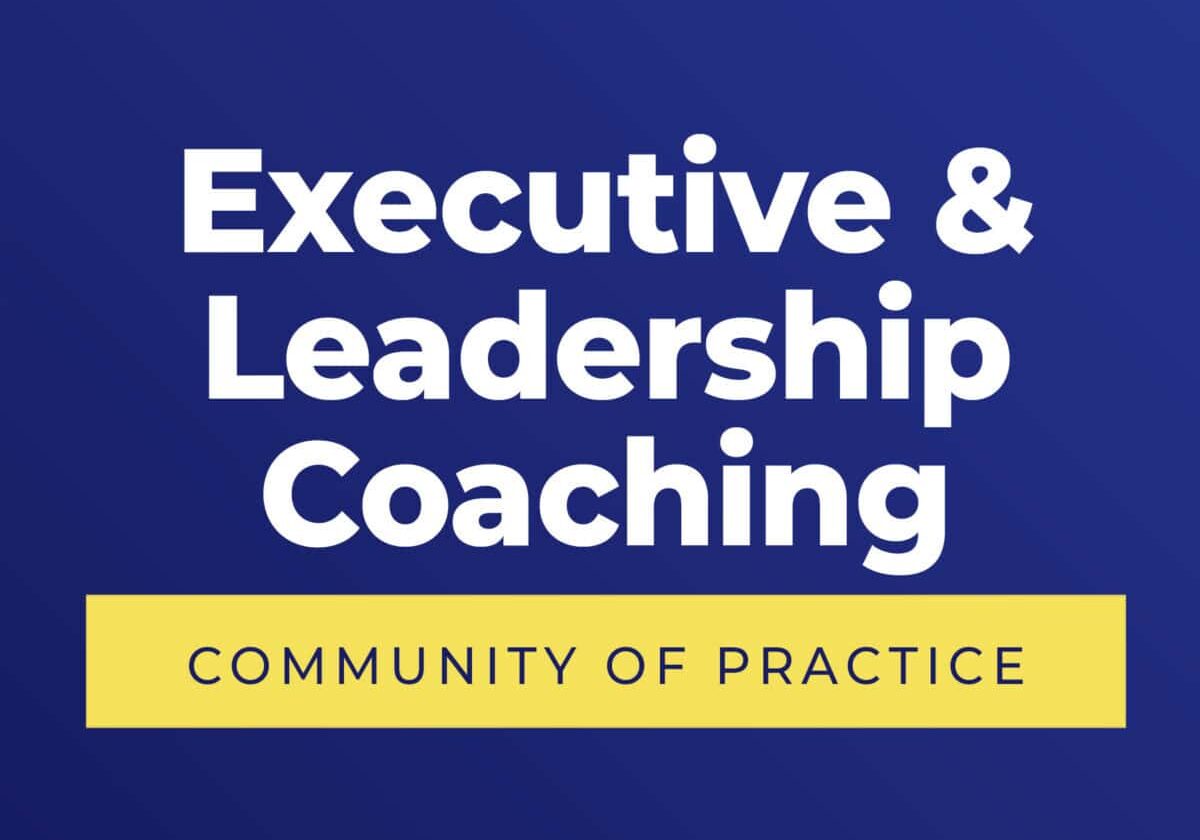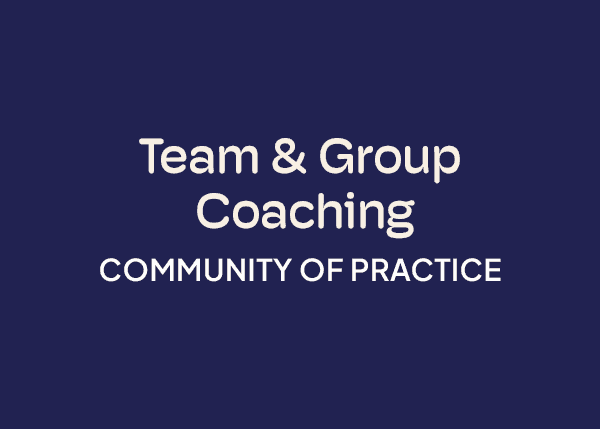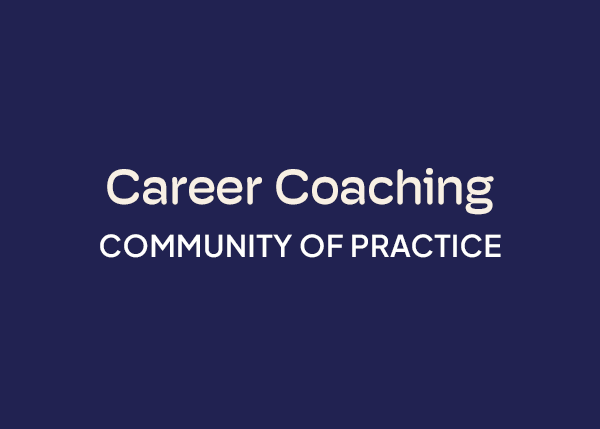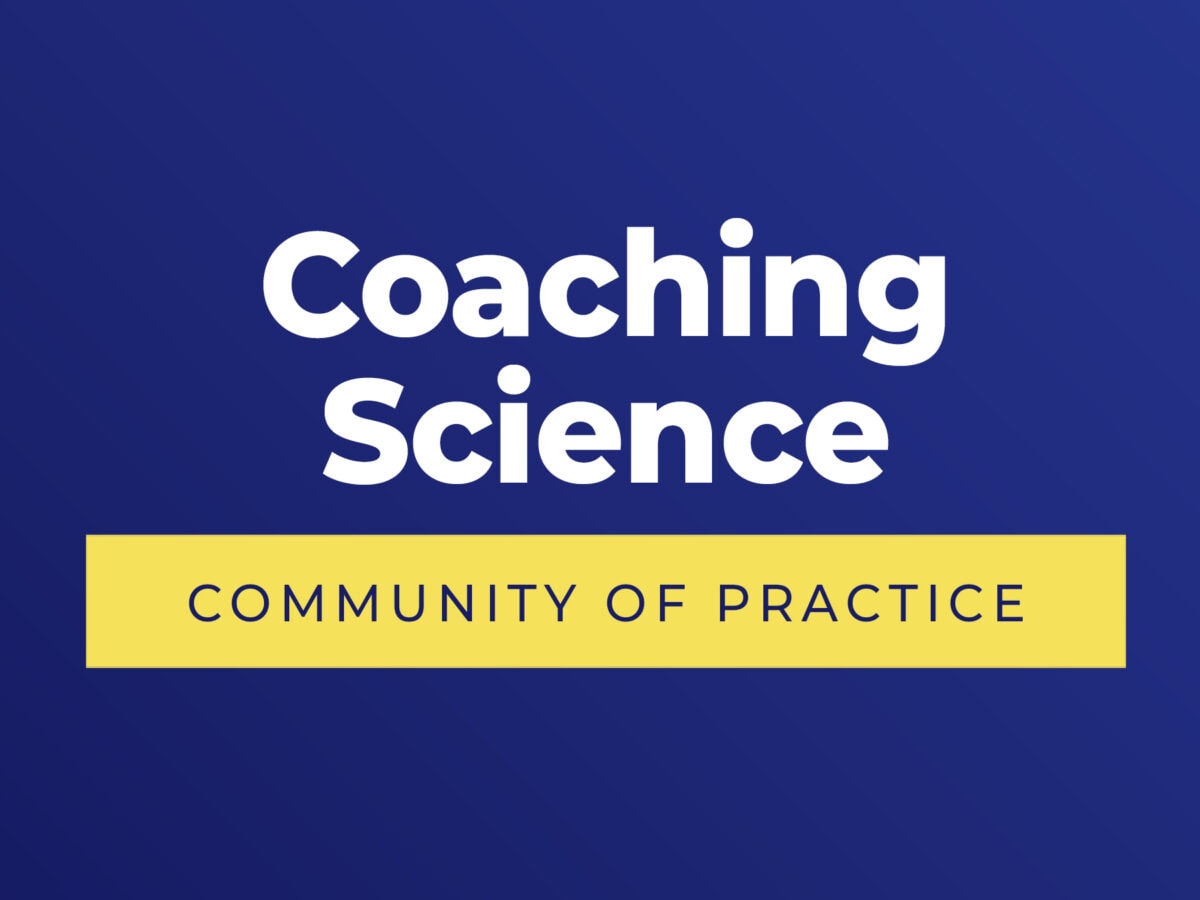Join ICF Executive & Leadership Coaching Community of Practice and Dr. Marcia Reynolds, MCC. PsyD on Wednesday, July 9, 2025, from 12 Noon – 1:30 p.m. (New York) for a deep dive into breakthrough coaching and discover how to blend the neuroscience of co-regulation with coaching skills to create more transformational moments.
Dr. Marcia Reynolds will show how to integrate the neuroscience of biochemical connection with the practical application of reflective inquiry in coaching. The objective is to create a state of “co-regulation” where the intersection of emotional energy produces safety, trust, and willingness to explore, prompting clients to fully participate in coaching even when they were hesitant or resistant. The consistent emotional energy of the coach then facilitates the processes of rooting out blocks, recognizing and transforming elements of identity formation, and promotes a confident commitment to moving forward. These skills of connection, use of reflective statements, and focusing on “who” the client is are particularly useful for executive and leadership coaching.
Who Is This For?
- Coaches who wish to empower their coaching capabilities.
- Leaders who wish to integrate a coaching approach in their conversations.
- Anyone interested in understanding the neuroscience of regulating our internal states to access a wider potential.
What You Will Learn:
- Learn concepts in recent brain research and apply the concepts to deepen your connection and impact when coaching leaders.
- Adopt techniques to generate the energetic presence to start coaching, then maintain this powerful connection throughout the conversation.
- Explore how to use skills in reflective inquiry to co-create creative insights that lead to expanding self-awareness, transforming outdated beliefs, and envisioning a growth path that includes renovating their identity as a leader to support their commitment to change.
Course Details:
Drawing on recent discoveries in the neurosciences and intrinsic motivation, this program teaches the latest techniques for stimulating the new thinking and long term behavioral change needed to create breakthrough results when coaching. These practices are particularly useful when coaching executives and leaders who may be resistant to interventions and change.
One of the common challenges we face when coaching leaders is revealing the blind spots and points of resistance that keep them from intentionally moving forward. We often focus on the “active competencies” of setting the agreement, listening, evoking awareness, and facilitating progress. Yet these skills are less effective if we don’t master maintaining a courageous, compassionate presence that works best without thinking. Our presence creates the safety, trust, and willingness to explore, prompting clients to fully participate in coaching even when they were hesitant or resistant.
When we use our emotions to engage our clients by generating “co-regulation,” we are better able to work at levels of identity formation and belief transformation, both critical to coaching leaders to confidently commit to long-term change.
Speakers
Topics
Communities of Practice
- Executive & Leadership Coaching
Date
Time
Credit Type
Hours by Type
Delivery Method
Language
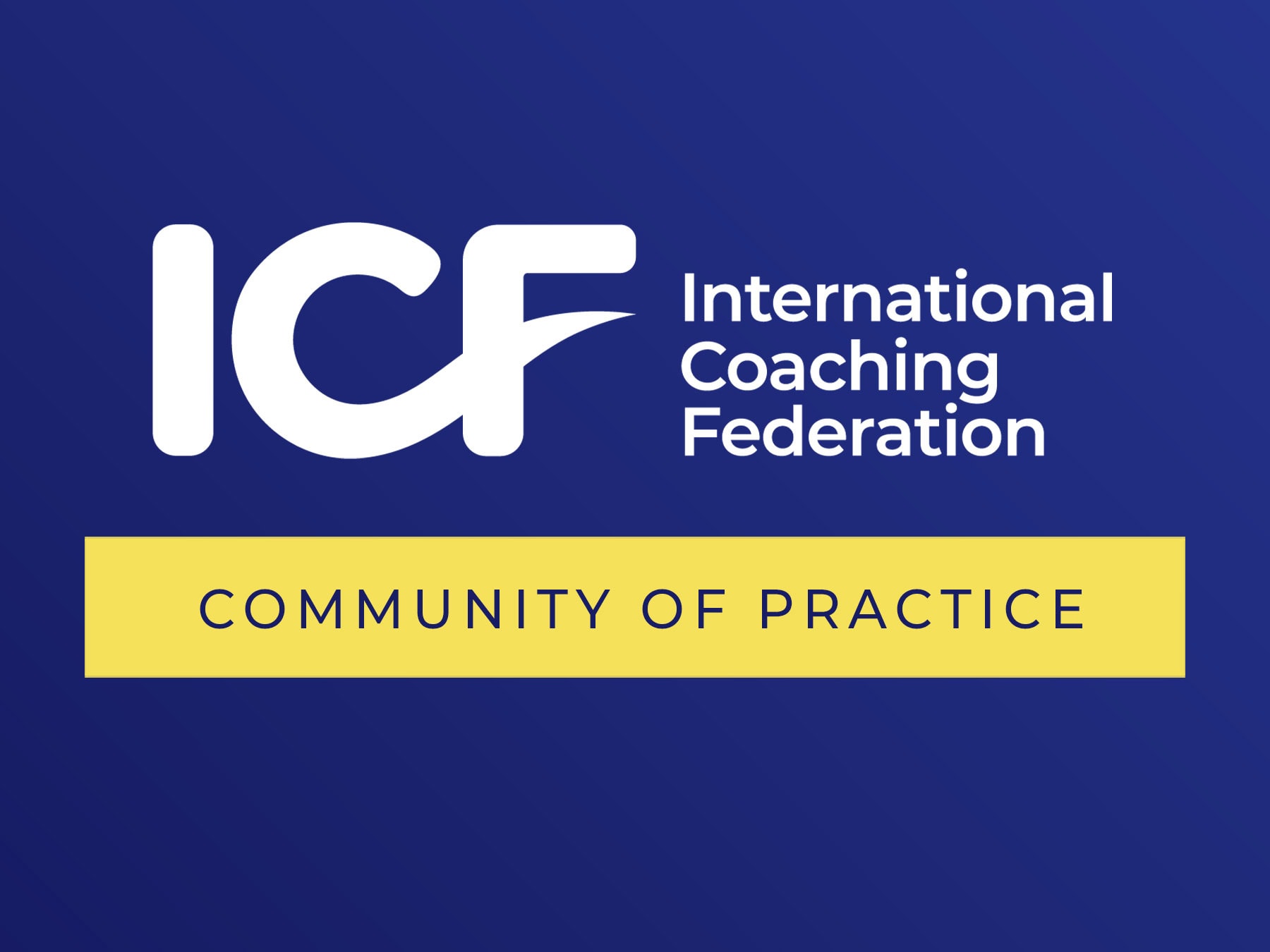
Communities of Practice
Related Events & Professional Development
The Balcony View: A Systems-Inspired Approach to Coaching
We invite you to step back from the dance of team dynamics and observe the wider system at play. In this experiential workshop, you will explore how a systems-inspired perspective helps teams and organisations access greater clarity, alignment, and creative potential. By learning to work from the “balcony view,” you will connect individual behaviours to patterns, relationships, and the broader organisational context.
ChatGPT for Career Coaches
Discover how to help your clients find their perfect career path, their most important resume keywords to beat the ATS, and their best interview prep plan of attack – all by choosing the right AI tools to complement your expertise!
What Comes After Growth Mindset
How we show up and interact, reveals what we value, what we fear, how we think and what we believe. In this session we begin by noticing. Notice how we tend to show up in conversation. We will explore four types of mindsets that influence how we engage in conversation. The characteristics produce an energetic signature. Our mindset influences tone, timing, and ultimately then, how others perceive our trustworthiness. By applying several of the ICF sub-competencies, learn how to notice when a judgement arises and pause to allow curiosity to bubble up so we can generate new awareness that is the seed of evolution. The session offers an opportunity to match mindset traits with a specific business context, key relationship(s), and professional experience, applied first to self and second to your client context.
